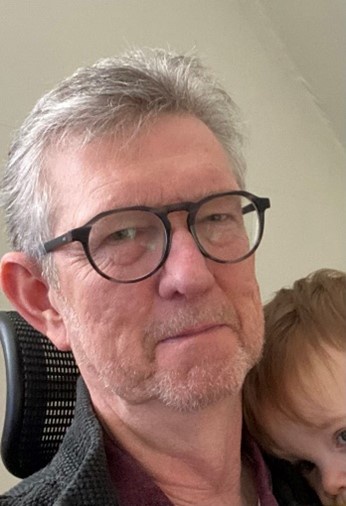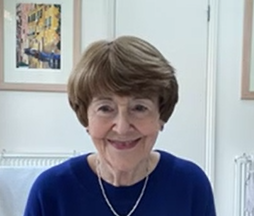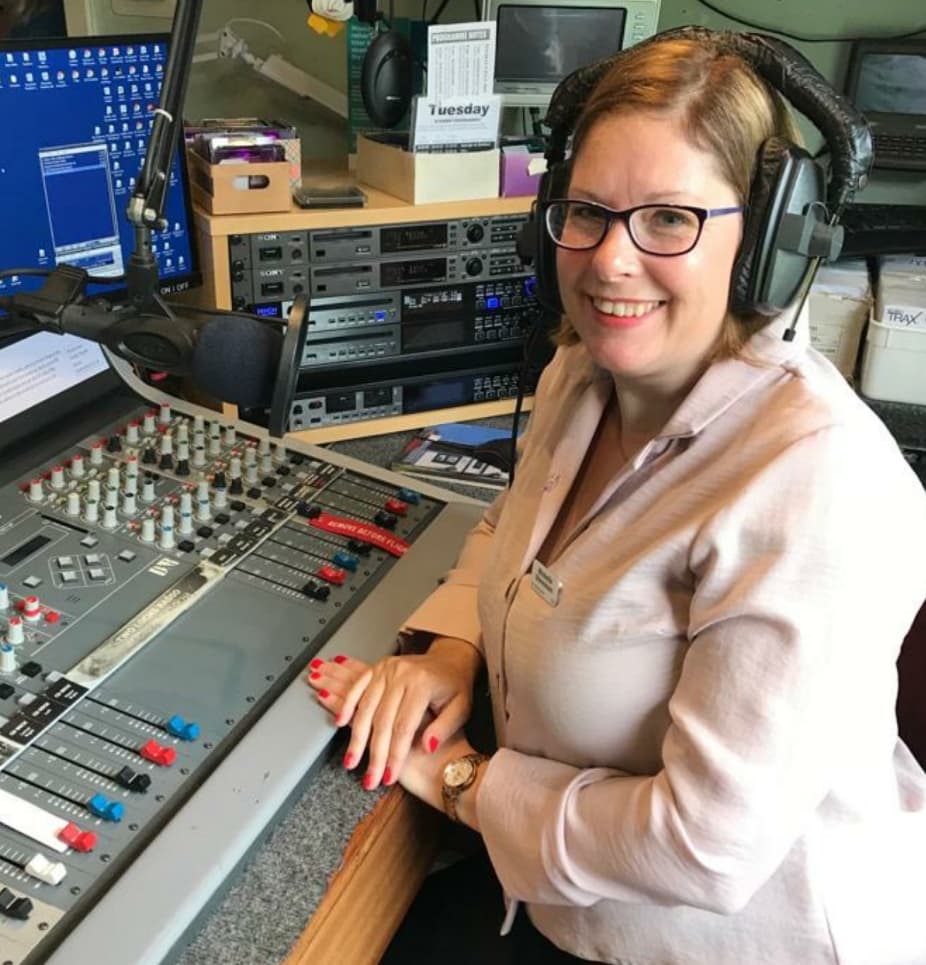
If you would like to be considered to join the core group in future, please email us at epippi@abdn.ac.uk . Membership of our core group will be reviewed annually.
If you would like to get involved in our broader PPI pool or our other PPI work, please fill in our general Expression of Interest form here .
Meet the group
- Erlend Corrigall
-

An engineer by background, having worked on various technology developments and commercialisation, I like to know why “things” happen. I hope these experiences, combined with participation in previous NHS research initiatives, will allow me to assist in the refinement of future studies.
- Lucy Forbes
-

Learning from other people’s lived experiences gave me valuable insight into what to expect. My condition is under control but reaching this point was a journey. I am very fortunate to have had a support network, a compassionate rheumatologist and an understanding workplace which isn’t the reality for everyone. For many, the diagnostic process can very long and overwhelming. Support often feels limited beyond medical care, which tends to follow a one-size-fits-all approach.
This narrow view of what it means to live with an inflammatory disease is why patient input can be so valuable to ongoing research.
This condition is often invisible which leads to it being regularly misunderstood. Current care available throughout the UK doesn’t always address the broader real-world challenges many face and I am passionate about being part of the solution.
I initially got involved with the Epidemiology group by signing up to the PPI pool. The first project I got involved with was the Making it Work study. I feel honoured to be part of a team where patient voices are not only welcomed but they are truely valued. I hope to help build more pathways of support and drive improvements in care by being an active member of the Core PPI group because every patient deserves to feel seen, heard, and cared for.
- Annie Rothwell
-

When diagnosed I decided, despite good advice, to follow numerous alternative treatments, which turned out to be my mistake as the PsA was not controlled. Now I have a damaged ankle, am on a combination of drugs, including a biologic, and when the arthritis is under control will explore surgery.
I worked in Marketing, Research and Advertising for 40 years, initially in Birmingham and Newcastle and then moved to London.
My interest in PPI first started in 2019 when I attended a day conference in Aberdeen on research into PsA .I came to realize that patients and public could play a valuable role in the focus and design of research studies.
I am a longterm volunteer with a homeless shelter in London. I do Pilates and Yoga (badly) and keep meaning to swim regularly.
- Tracey Snell
-

My interest in PPI began during COVID. I had been diagnosed with bilateral hip dysplasia and osteoarthritis in 2016, but it was during lockdown that I started to struggle with arthritis symptoms. The experience led to a keen interest in musculoskeletal disease progression and research involvement.
I am a member of several PPI groups and find the work incredibly rewarding. In my spare time I like to write my blog and lift weights down the gym.
- Michelle Stevenson
-

Michelle has suffered with Psoriatic arthritis for 37 years. She is a patient representative and founding member of the Friends of the Highland Rheumatology Unit (HRU) in Dingwall and was involved in the redesign of Rheumatology services. She sits as a Public Independent Member on the NHS Highland Health & Social Care Committee and is part of a short working group looking at community engagement.
In 2019 through work with the HRU she became involved with the Epidemiology RHEUMAPS Study as a patient partner.
Away from her busy volunteering work Michelle is secretary in her husband's Fabrication business, a DJ on a small radio station and “relaxes” by reading or making cakes.
Michelle relishes the challenges that her volunteering work has brought her, and tries hard not to let her arthritis dictate her lifestyle. The introduction of biologics has given her back a life she thought she had lost in her late teens.
Of her involvement with the Epidemiology Group at the University of Aberdeen, Michelle says “I feel that patient involvement helps researchers see things differently through the eyes of the patient. It educates from a “lived experience” perspective and you feel valued by the team, who listen and really take your contributions seriously. I feel incredibly grateful to be involved with the Epidemiology team and find the research fascinating. Being involved as a patient partner is very important to me as I feel like I'm making a difference for the quality of life for other patients.”
